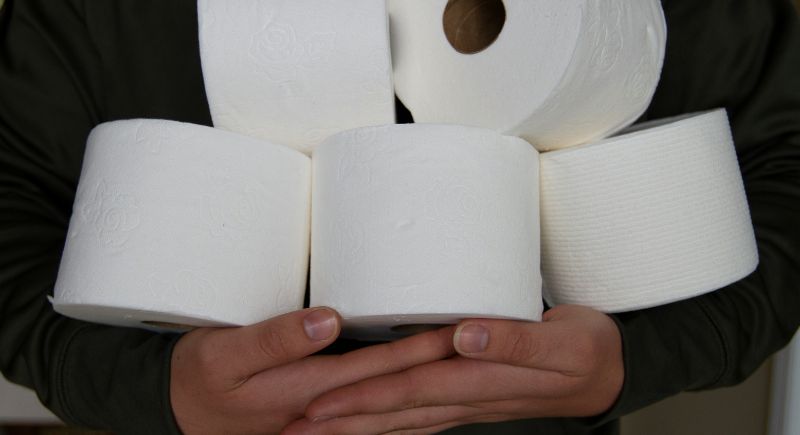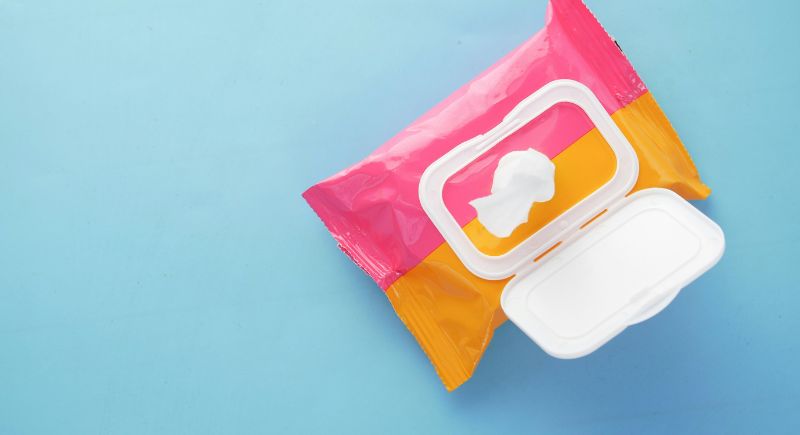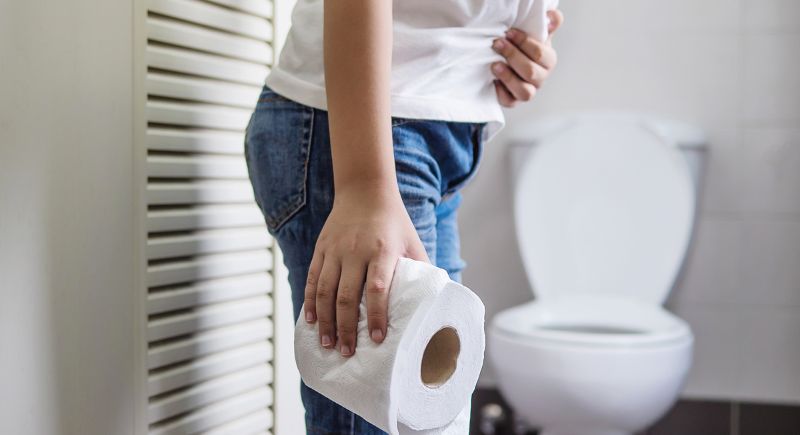Wiping Is Normal? An Anal Surgeon Says Think Again
Turns out you’ve been using the toilet wrong since you were a kid, and it might be a problem. Growing up, it probably even felt like an achievement, finally being able to wipe with dry paper. It kind of meant you were grown and independent, in control of your hygiene. But according to Dr. Evan Goldstein, a New York City rectal surgeon who’s made a name for himself as both a medical expert and, no joke, “The Bottom Whisperer,” that standard approach to wiping may not be helping your health.
“I see it every day,” Dr. Evan says. “People are wiping their rear ends raw and then wondering why things feel uncomfortable down there.” His practice, Bespoke Surgical, sees around 90 patients per week, and many come in with issues directly linked to aggressive or habitual wiping. He sees things like fissures, hemorrhoids, and chronic irritation.
Dragging dry paper across one of the most sensitive parts of your body multiple times a day isn’t the best strategy. And if you’ve been relying on wet wipes to smooth things out, that’s not much better. In fact, it might be worse.
Toilet Paper Isn’t Doing You Any Favors

Image via Unsplash/ Elly Johnson
Cheap, scratchy toilet paper is often the first culprit when problems arise. According to Dr. Evan, repeated friction easily damages the skin around the back passage, particularly toward the front, where it’s thinner and less protected. Over time, this can lead to microtears, inflammation, and, for some people, long-term issues that require medical intervention.
“People wipe like they’re trying to sand something off,” he explains. But your backside isn’t a piece of wood. Its delicate skin requires care. Scrubbing that area dry might make you feel cleaner, but it’s likely setting you up for discomfort, especially if you already deal with digestive sensitivity, sensitive skin, or spend long hours sitting.
And Wet Wipes? Not the Savior You Hoped For

Image via Unsplash/Towfiqu barbhuiya
If you switched to wet wipes, thinking they’d be gentler, Dr. Evan wants to stop you right there. “They’re terrible. For your body, for the plumbing, for the planet.”
Wet wipes feel fresher and smoother, but they can disrupt the natural bacterial balance around the back passage. Everyone has a normal microbiome down there. When it gets thrown off, things like dermatitis, yeast infections, and bacterial overgrowth can follow.
Fragrance, preservatives, and excess moisture hang around long after wiping is done. Wipes leave behind residue that can create a perfect storm for irritation and infection. They also contribute to sewer-clogging disasters in cities across the U.S.
The Best Way to Clean Your Rear End.
One clean and healthy exit strategy from your number two is to use bidets. They’re the gold standard for Dr. Evan and many other gut and rectal health professionals. A quick, gentle spray of water does a better job than dry paper, and it does it without damaging your skin or your microbiome.
No bidet? A shower rinse can do the trick. Or try a Peri bottle filled with warm water (the kind new parents use after childbirth). They’re affordable and easy to keep near the toilet.
Once you’ve cleaned up, make sure to dry the area properly. “Moisture is the enemy,” Dr. Evan says. Too much dampness can create a breeding ground for bacteria or fungi, especially in an area that’s dark and warm because it’s often under layers of clothing. Pat gently with soft toilet paper or a clean towel. Avoid rubbing or scrubbing.
If You Have to Use Toilet Paper, Do It Right
Not everyone can install a bidet or hop in the shower after every bowel movement, which is fair. So, if you’re sticking with toilet paper, technique matters.
Use soft, white, unscented paper. Skip the recycled kind if it feels rough. Fold it neatly or wad it loosely; do whatever gives you better control. Blot, don’t wipe. This is especially important if you’ve got hemorrhoids or fissures.
Dr. Evan also recommends wiping from front to back to prevent transferring bacteria from the rectal area to the urethra. Women, particularly, would find that more comfortable because of their anatomy.
And if you’re wiping and wiping and wiping? It might not be the paper’s fault. “If you need ten wipes to feel clean, that’s a diet issue,” he adds. More fiber, probiotics, and hydration often lead to cleaner exits and less time spent spiraling on the toilet.
Wiping Shouldn’t Be a Struggle

Image via FreePik/jcomp
If going to the bathroom feels like a chore or leaves you sore, it’s not something to ignore. Rectal pain, bleeding, or lingering discomfort are signs that something’s off. It might be inflammation from wiping, something diet-related, or maybe more serious.
And while it may feel awkward to bring up at a checkup, doctors like Evan argue we need to normalize these conversations. “Everyone poops,” he says. “Everyone has a rear end. This isn’t weird. It’s healthcare.”
Maybe it’s time to rethink the way we finish the job.